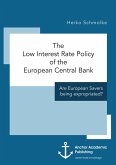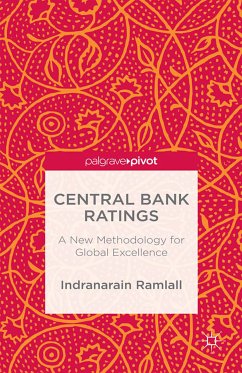The European Central Bank administers monetary policy for the eurozone and is tasked with maintaining price stability by keeping inflation below 2 per cent. This brief mandate belies the complexity of managing the monetary policy for the 19 member states of the euro, not to mention the political implications thereof.
This book sets out the history, development and day-to-day workings of this key institutional pillar of the European Union. It assesses its work, independence, the policies and instruments at its disposal and the evolution of its role during, and after, the eurozone crisis of 2010. Incomplete monetary union, Germany's hegemonic ambitions and different economic policies from individual member countries are shown to pose formidable challenges to the ECB's macroeconomic management.
This book sets out the history, development and day-to-day workings of this key institutional pillar of the European Union. It assesses its work, independence, the policies and instruments at its disposal and the evolution of its role during, and after, the eurozone crisis of 2010. Incomplete monetary union, Germany's hegemonic ambitions and different economic policies from individual member countries are shown to pose formidable challenges to the ECB's macroeconomic management.
Dieser Download kann aus rechtlichen Gründen nur mit Rechnungsadresse in A, D ausgeliefert werden.









